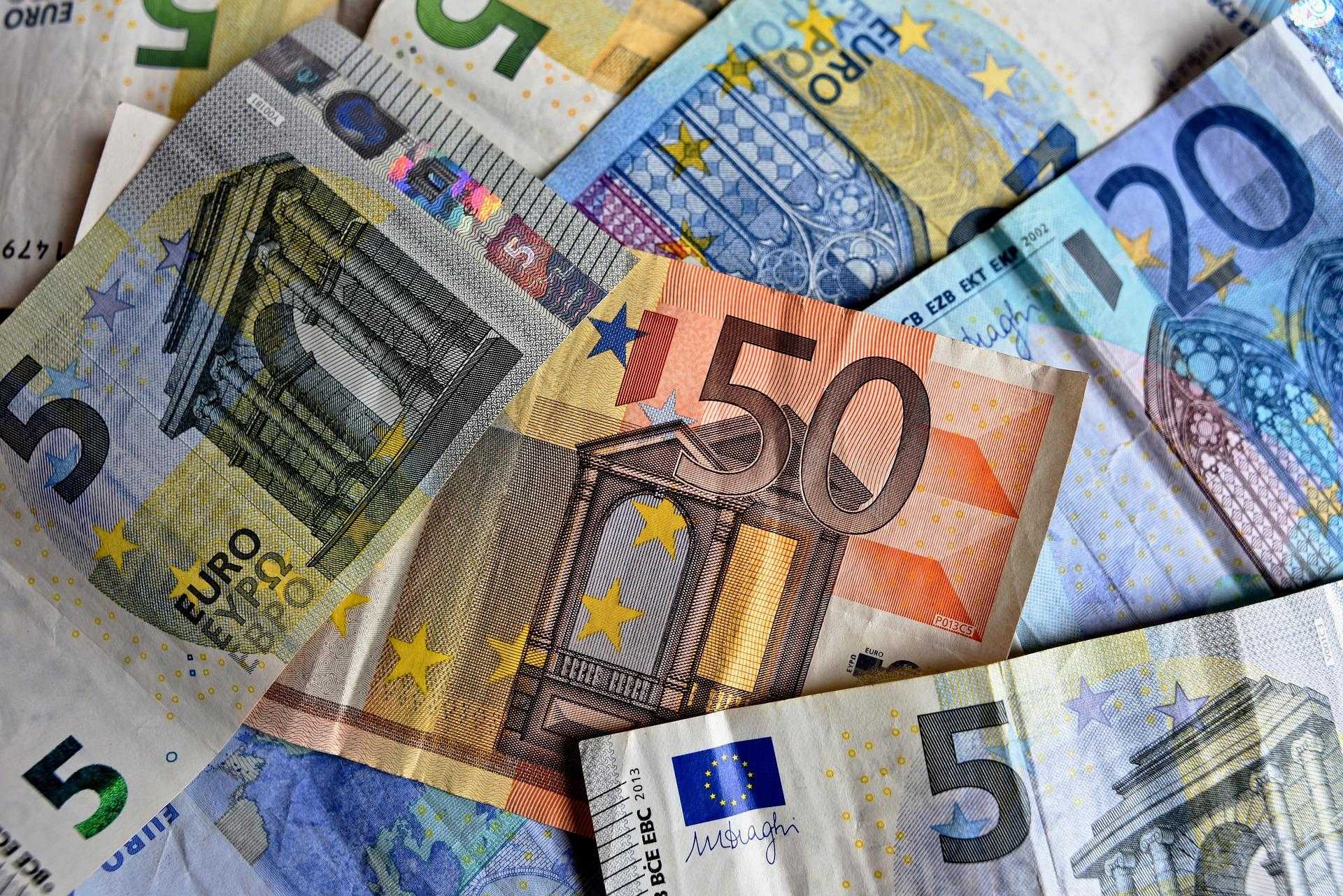The EUR/USD takes support at the 1.20 level amid growing concerns of the coronavirus spread, ECB meeting in Europe, and inauguration of Joe Biden as President.

The interest rate decision by the European Central Bank is an important event on Thursday when monetary policies are to be unveiled.
Coronavirus rages in many countries. German Chancellor Angela Merkel considers extending and tightening the lockdown.
Italian PM Giuseppe Conte faces a vote of no-confidence in the Senate.
EUR/USD Gains Support at the 1.20 Level
The EUR/USD could not breach the 1.2350 level and has reversed from 1.2350 on 6th January.
EUR/USD gained support at the 1.2075 level and moved higher to touch resistance level at 1.2140 levels. Once it crosses this level, it has another resistance at 1.2220 levels.
European Economic Data
The trade surplus in the Eurozone has widened in November to EUR 25.79 billion, against last year’s number at EUR 20.15 billion. Exports were down 10% to EUR 197 billion, while imports dropped 4.2% to EUR 171 billion. The Trade Balance, which refers to the import and export of goods and services, indicates that the exports are more than imports. It is a positive indication for the EUR.
Retail Sales in the Eurozone dropped in November by -6.1%, though market expectations were at -3.0%. The decrease in retail sales volume is led by automotive fuels and lower demand for non-food products. The largest decline in retail sales was in France at -18.0, Belgium at -15.9%, and in Austria at -9.9%. Netherlands, Croatia, and Germany had an increase in retail sales. Retail sales have negatively impacted the EUR, caused by the falling aggregate value of retail sales across the country.
Eurozone Industrial production has gone up 2.5% in December on a month-on-month basis, for the seventh continuous month. This Industrial Production reflects the total inflation-adjusted value of the output from manufacturers and utilities produced. The strong numbers reflect strength in the Euro currency. Good factory output numbers may cushion the negative impact existing in the economy in the last few months of 2020.
ZEW Economic Sentiment Index is expected to grow to 57 from 54.4 previously. German ZEW Economic Sentiment Index is also expected to be good.
European Central Bank Announcements This Week
The European Central Bank, President Christine Lagarde’s speech on Thursday will play an important role on the euro. Hints on the future monetary policy will be given, along with a shift in interest rates.
Major central banks will be announcing their policy this week. Bank of Canada, South Africa Reserve Bank, Bank of Japan, and Brazilian Central Bank will be announcing their policy decisions. However, the European Central Bank policy decision will impact market sentiment. Bank of Japan has the lowest rate of interest among other countries. Investors take a keen interest in interest rate policies.
At the ECB meeting this week, leaders from the European Central Bank and the European Union will gather to take important decisions on the economy. Discussions on the coronavirus spread, vaccination, and the EU Recovery Fund will be the top issues to be discussed at the EU summit. Improving the role of the euro on an international level is another important subject that will be contemplated.
Coronavirus Pandemic Restrictions Hit Economic Activity
The coronavirus pandemic has infected many, and restrictions are imposed to curb the infections. There is a “steady decline in activity”, says Bert Colijn, a senior eurozone economist at ING. There is a fear that a double-dip recession may hit the Eurozone’s single currency. Hospitality venues are filling up, and restrictions are imposed on travel and tourism. It has brought down consumer spending and activity. There is a steady decline in activities, which will have a long-lasting effect on the economy, say experts.
Germany and the Netherlands find a fresh upsurge in corona infections, and restrictions are imposed to restrict the pandemic. The weekly economic activity index of the German central bank fell for the first time. Consumer confidence has also gone down in the first two weeks of January. Two large banks in Germany have closed many of their branches to curb the spread of the virus.
Health Minister Roberto Speranza has announced strict restrictions from this week.
US Markets ahead of US Presidential Inauguration
The US Dollar Index is at a one-month high.
The US equity market is at record highs, with stimulus expectations lifting the market. The transition of the Presidency to Joe Biden from Trump is a key event this week.
Economists expect a drop in US output to contract almost 1.8% in the last quarter of 2020 and a further decline in the first quarter of 2021. If there is continuous negative data for two months, it may reflect a recession in the Eurozone, say experts.
President-elect Joe Biden’s inauguration is on Wednesday and the $1.9 trillion stimulus package will heavily impact the US dollar. The US Treasury yields are expected to move higher.
President-elect Joe Biden has nominated Janet Yellen as the Treasury Secretary and her remarks will be closely watched.